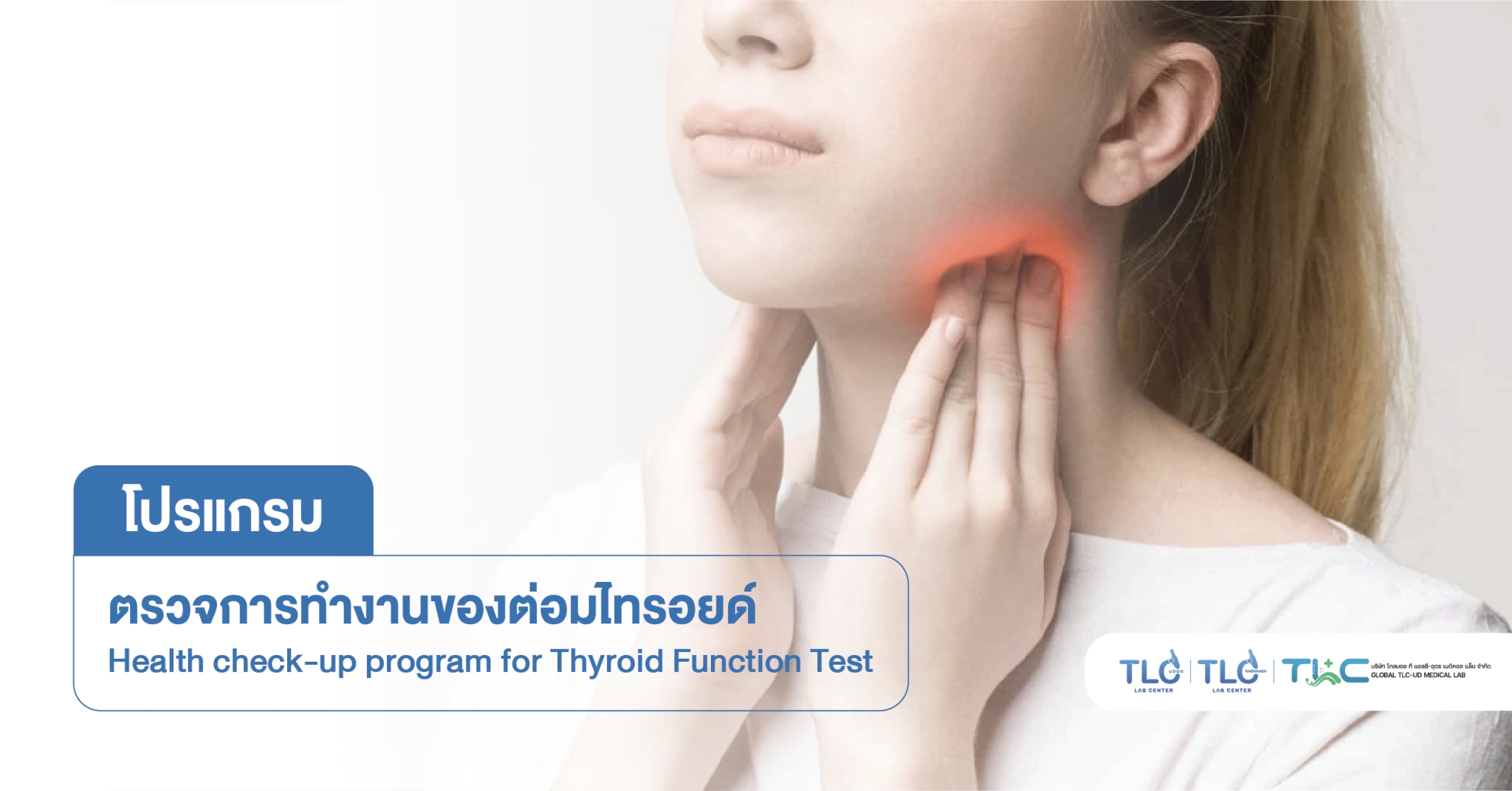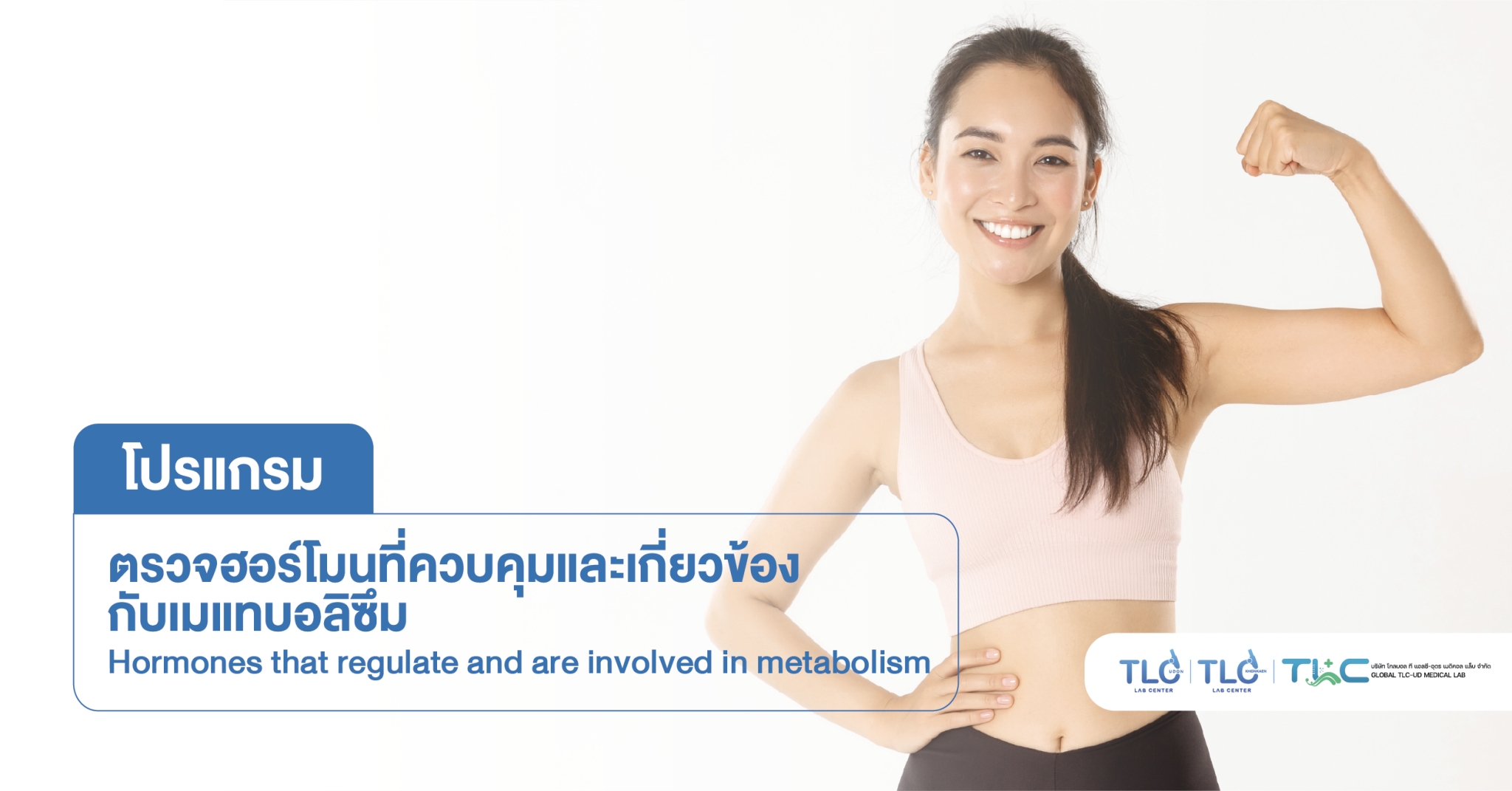Meditation: Does it really boost health hormones?
Meditation is a mental training practice that offers numerous benefits for both physical and mental health.
Many people complain that “life is getting tougher every day” but the truth is, our world is not inherently difficult. It is our own thoughts and actions that complicate things. If we want to live a happy life on this planet, we must learn and understand the practice of meditation, as it contributes significantly to achieving lasting happiness.
Let’s not wait any longer; let’s meditate frequently. It’s better to start with a simple technique like focusing on your breath, also known as ‘Anapanasati.’
Benefits of Meditation: Improving the quality of your life instantly
- Clears and calms the mind : Meditation helps the mind become calm and serene. Focusing on the breath allows us to be aware at all times, follow every emotion, and gradually calms the mind, making it tranquil and cool.
- Stress relief : A serene mind leads to the release of happiness-inducing chemicals, spreading a wonderful sense of calm throughout the body. Meditation rapidly reduces stress, leaving us with a calm and peaceful state of mind, promoting lasting happiness.
- Managing anger and resentment : Regular meditation enhances self-awareness, helping us understand our emotions better. It teaches us to be present with ourselves and, as a result, controls anger, allowing us to forgive and let go of grievances.
- Boosts memory and enhances brain efficiency : Frequent meditation improves memory and stimulates efficient brain function. The focused and disciplined mind resulting from meditation makes our thoughts more organized and clear.
- Promotes youthful and radiant skin : Meditation, through deep and slow breathing, facilitates oxygenation and detoxification within the body. This detoxification process, combined with a healthy diet and regular exercise, leads to clear and youthful skin.
- Develops a positive personality : Regular meditation instills mindfulness, making us present and composed. This reflects in our demeanor, portraying a gentle and dignified personality, indicative of a wise and positive individual.
- Maintains good health and aids in recovery : Meditation’s regular practice aids in healing and supports overall health. It helps reduce stress, lowers blood pressure, increases happiness-inducing chemicals, and contributes to a better immune system. Coupled with a healthy lifestyle, it ensures good health and delays the aging process.
- Ensures happiness : Meditation is akin to training the mind for joyous and mindful living. It keeps the mind clear, expansive, and filled with positive emotions. It encourages contentment with what is and appreciates the present moment.
- Accumulates merits : Meditation extends compassion to all living beings, accumulating merits for the practitioner. The essence of meditation is to stop mental restlessness and be present with oneself, fostering inner peace and happiness.
In summary, meditation is a mental practice that helps achieve a serene, relaxed, and present state of mind. It has been proven over centuries to offer numerous benefits for physical and mental health. The key to a successful meditation practice is to find a quiet and comfortable place, sit or lie down in a comfortable posture, close your eyes, and focus on your breath. Start with short sessions and gradually increase the duration for a consistent and beneficial practice.

A Practice for a Calm and Focused Mind
Meditation has been a centuries-old mental training practice proven to have numerous benefits for both physical and mental health. Here are some tips for meditation:
Find a quiet and comfortable place.
Sit or lie down in a comfortable position.
Close your eyes and breathe deeply and slowly.
Observe your breath and notice how it feels.
If you find your mind wandering, simply bring it back to the breath.
- Start with 5-10 minutes initially and gradually increase the duration for a consistent practice.
Meditation can help the body release beneficial chemicals, benefiting both physical and mental health.
It has the potential to improve emotions, learning, movement, anxiety, sleep, relationships, and overall well-being.
The chemicals involved include:
- Dopamine: Linked to emotions, learning, and movement. Meditation can increase dopamine levels, contributing to improved mood, learning, and movement
- Serotonin: Regulates mood, anxiety, and sleep. Meditation may enhance serotonin levels, leading to improved mood, reduced anxiety, and better sleep
- Oxytocin: Controls bonding, love, and empathy. Meditation might increase oxytocin, fostering better relationships and a sense of well-being.
- GABA: Governs anxiety and sleep. Meditation can elevate GABA levels, potentially reducing anxiety and promoting better sleep.
In conclusion, the practice of meditation, with its roots extending over many centuries, has been scientifically proven to offer numerous benefits for physical and mental health. The key is to find a peaceful environment, adopt a comfortable posture, and focus on the breath. Regular meditation can lead to the release of beneficial chemicals, contributing to a healthier body and mind.

















